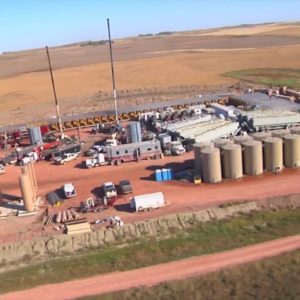
The TAMEST Shale Task Force report is an independent, comprehensive review of scientific research on the impacts of shale oil and gas development in Texas by a diverse set of experts.
View this complete post...







John Hennessy III,
P.E.

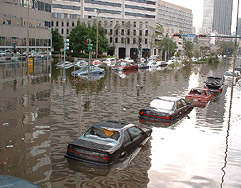
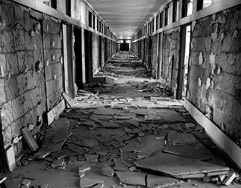
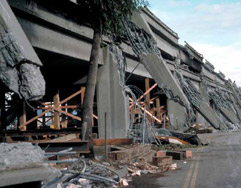


The TAMEST Shale Task Force report is an independent, comprehensive review of scientific research on the impacts of shale oil and gas development in Texas by a diverse set of experts.
View this complete post...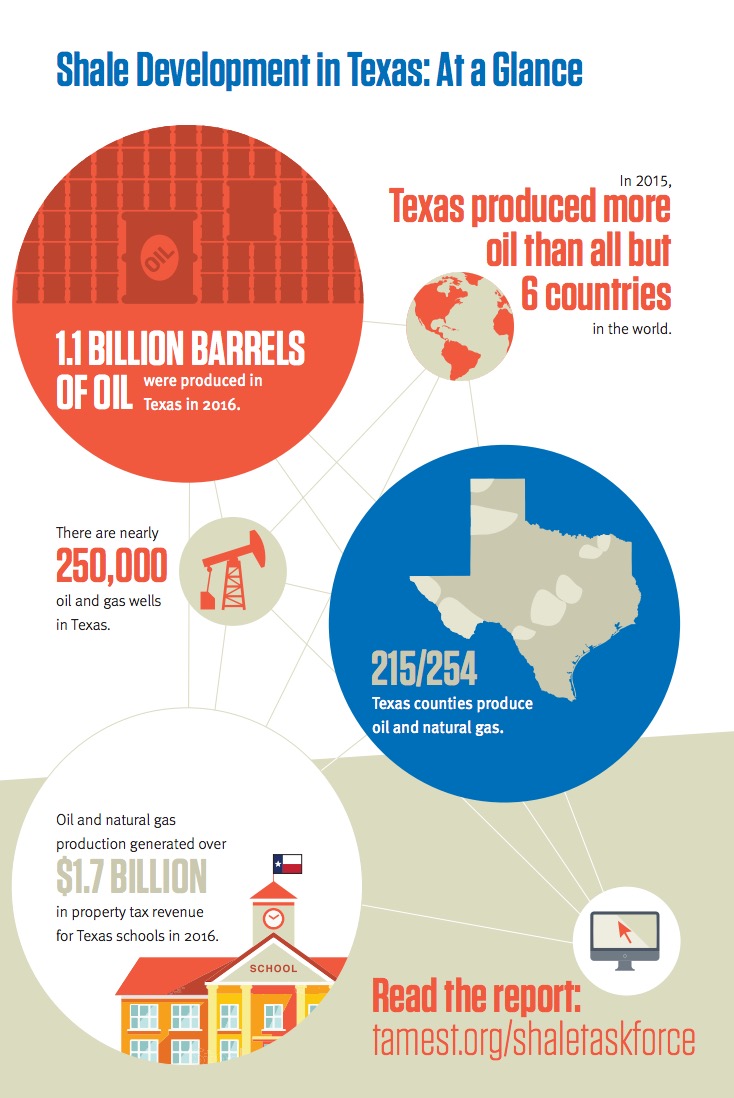
The Academy of Medicine, Engineering and Science of Texas (TAMEST) convened a task force to prepare this report on the Texas shale development experience. This report covers the underlying science for six topic areas as it pertains to shale exploration and production activities: 1) geology and earthquake activity; 2) land resources; 3) air quality; 4) water quantity and quality; 5) transportation; and 6) economic and social impacts.
View this complete post...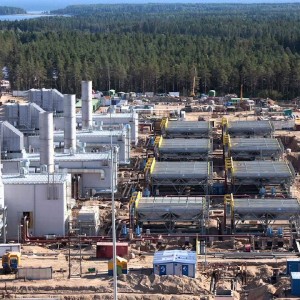
Watch this gut-wrenching and beautiful tribute to one community in “fracking-banned” Upstate New York that is doing everything it can to stop Fracking Infrastructure from ruining its air, water, land, wildlife, people, and history. Will their representatives listen? Ultimately urging action from Andrew Cuomo and the NYS Department of Environmental Conservation to step in and reject necessary air and water quality certificates before it’s too late, the film asks you to do your part, too.
View this complete post...
Fracking isn’t a bad idea in theory but it can’t be allowed to go unregulated, says Bill Nye. New technological advances have promoted irresponsible fracturing practices with severe environmental and public health consequences.
View this complete post...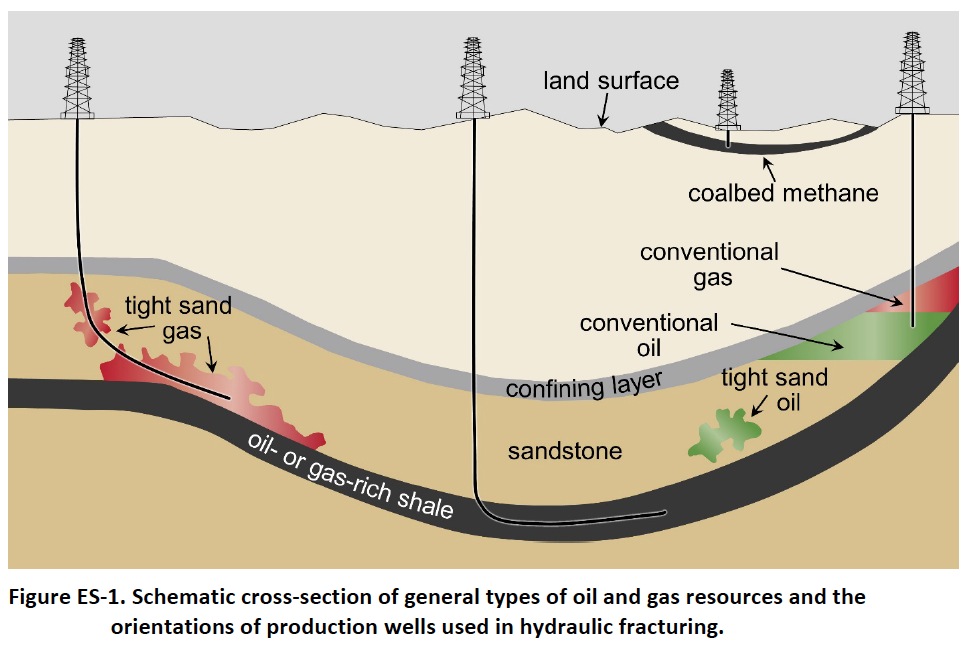
UNITED STATES ENVIRONMENTAL PROTECTION AGENCY
From our assessment, we conclude there are above and below ground mechanisms by which hydraulic fracturing activities have the potential to impact drinking water resources. These mechanisms include water withdrawals in times of, or in areas with, low water availability; spills of hydraulic fracturing fluids and produced water; fracturing directly into underground drinking water resources; below ground migration of liquids and gases; and inadequate treatment and discharge of wastewater.
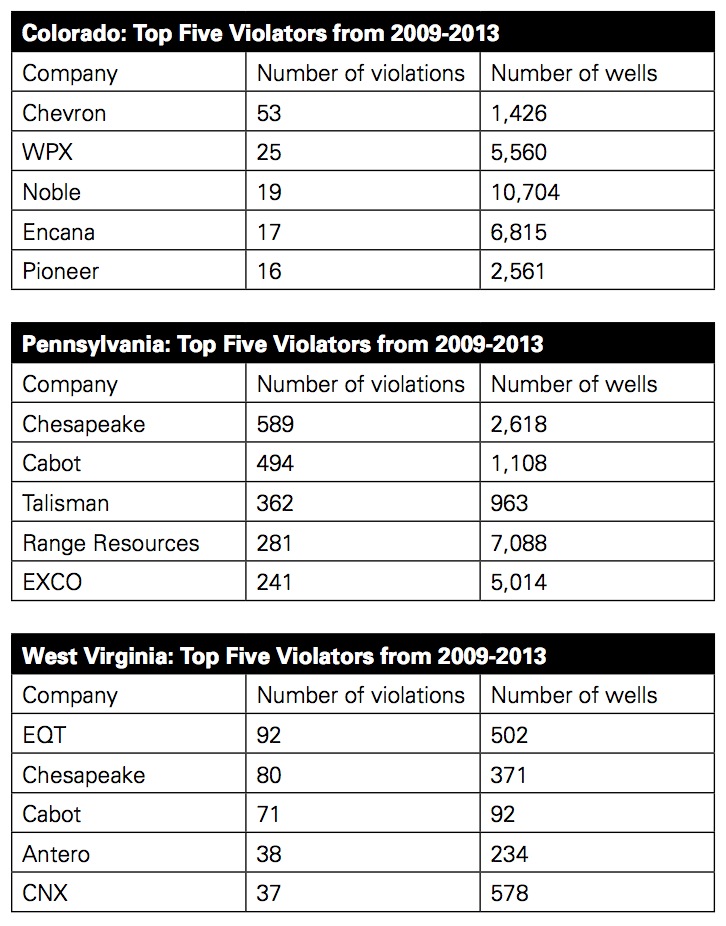
NATURAL RESOURCES DEFENSE COUNCIL
NRDC and the FracTracker Alliance (FTA) launched an investigation to determine what information about oil and gas company violations is publicly available, how accessible it is, and whether it provides an adequate understanding about the practices of different companies. We looked at whether information could easily be found on the internet, rather than having to make official requests for information in writing.

UPPER GREAT PLAINS TRANSPORTATION INSTITUTE
Drilling shale oil wells generates a large amount of truck traffic. Heavy loads required by drilling activities damage local roads, resulting in the need for several hundred million dollars for repair and maintenance. To support logistical activities for efficient energy development, a proactive approach is required for allocating investments for paving road and timely maintenance. Forecasting load impact on a road network is essential for estimating pavement and repair costs to support energy logistics.
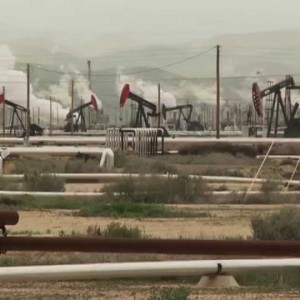
In San Benito County, CA, a citizens’ group, Aromas Cares for the Environment, waged a successful campaign for new environmental protections to protect against oil and gas fracking operations. The fracking safety ordinance was passed by the County Board of Supervisors on June 18, 2013.
California communities like Aromas should not have to protect themselves alone. We need an immediate statewide moratorium on fracking.
View this complete post...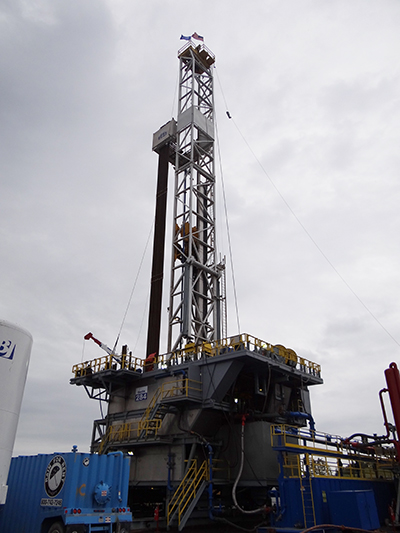
In Search of a Reasonable Debate on Hydraulic Fracturing
One of the touchiest subjects in today’s discussion on environmental protection laws and energy independence is the exploration of the new natural-gas-retrieval technology known as hydraulic fracturing, or more commonly, “FRACKING.” Much confusion is a result of both opponents and proponents of fracking screaming their versions of the truth at the top of their lungs on any media outlet that will allow it. Trying to search the web for answers is just as difficult, as search engine results are flooded with a cacophony of biased studies from self-interested non-profit organizations or corporately funded, cherry-picked research groups.
Follow InfrastructureUSA
Video, stills and tales. Share images of the Infra in your community that demands attention. Post your ideas about national Infra issues. Go ahead. Show Us Your Infra! Upload and instantly share your message.
Is the administration moving fast enough on Infra issues? Are Americans prepared to pay more taxes for repairs? Should job creation be the guiding determination? Vote now!
What do the experts think? This is where the nation's public policy organizations, trade associations and think tanks weigh in with analysis on Infra issues. Tell them what you think. Ask questions. Share a different view.
The Infra Blog offers cutting edge perspective on a broad spectrum of Infra topics. Frequent updates and provocative posts highlight hot button topics -- essential ingredients of a national Infra dialogue.
It is encouraging to finally see clear signs of federal action to support a comprehensive US infrastructure investment plan.
Now more than ever, our advocacy is needed to keep stakeholders informed and connected, and to hold politicians to their promises to finally fix our nation’s ailing infrastructure.
We have already engaged nearly 280,000 users, and hoping to add many more as interest continues to grow.
We require your support in order to rise to this occasion, to make the most of this opportunity. Please consider making a tax-deductible donation to InfrastructureUSA.org.
Steve Anderson
Managing Director
SteveAnderson@InfrastructureUSA.org
917-940-7125